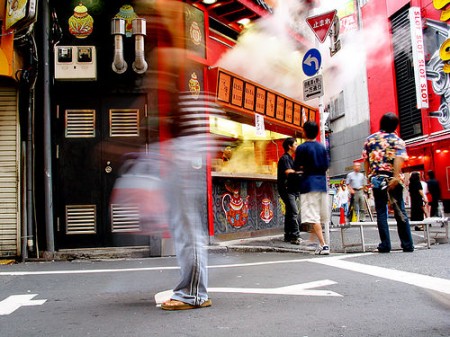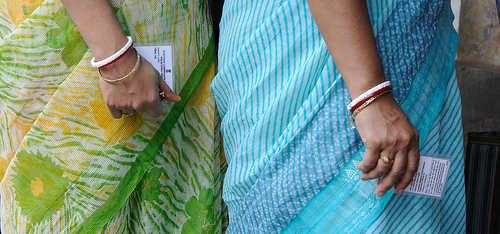
As Europeans celebrate the 20th anniversary of the fall of the Berlin Wall, in Japan, the Cold War political system has just been overthrown. The Liberal Democratic Party (LDP), which together with the bureaucracy and big business formed the clichéd ‘iron triangle,’ has been defeated. The victorious Democratic Party of Japan (DPJ), which will take over the government, has promised to loosen the grip of the bureaucracy. However, in taking power from the bureaucrats, DPJ politicians face a dilemma, according to Dan Harada in our latest edition of ISN Podcasts.
At this historic moment in the country’s political history, we present to you some of our resources on Japan:
- In the Policy Briefs section, Alexandru Luta explains what ‘Climate Sudoku’ means, as Japanese interest groups, ministries and NGOs argue over greenhouse gas reduction targets
- We present to you Japan’s post-war constitution, with the legendary Article 9, “Reunciation of War,” as well as the DPJ’s platform for government in the Primary Resources section
- In the Publications section, Axel Berkofsky examines the past, present and future of bilateral relations between North Korea and Japan
- We introduce you to the Japan Forum on International Relations (JFIR), as well as the the National Institute for Defense Studies (NIDS) in the IR Directory



